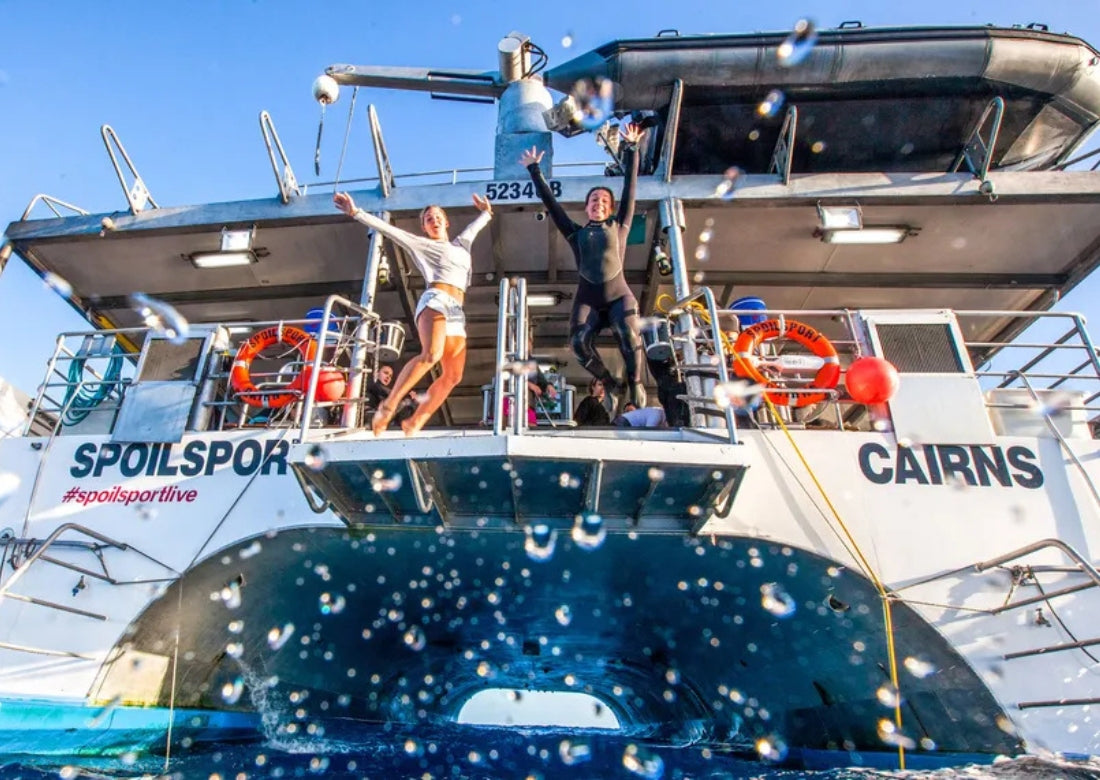Budget Stretching Travel Tips

Dive travel can be expensive, especially if you don’t live near any good dive sites. However, appropriate planning and some flexibility will help you get the most out of your money while on vacation. So, we have composed this list with some general tips as well as scuba specific advice that will hopefully save you a few dollars when planning your next trip.
1. Plan ahead. Planning your trips at least 6 months or even a year in advance will allow you to take advantage of promo fares. In order to stay up to date on the best offers, sign up for airline newsletters and updates on deals in social media.
2. Keep your schedule flexible. Travel deals are based on availability, therefore, traveling midweek is usually cheaper than flying over the weekend. Check a variety of dates and route options. If you fly long haul, adding a stopover can also costs less than taking a nonstop flight.
3. Explore your location options. There are plenty of different dive destinations to visit, and while traveling to some comes at a hefty price, you can also find many fantastic places that won’t cost you and arm and a leg. Consider searching for smaller markets, places with low living cost or destinations that are easily accessible from where you live.
4. Book the trip for the low season of your dive destination. This allows you to avoid many of the crowds that are headed to these destinations during the peak seasons. What's more, flights and accommodation are always much less expensive during the low season. You may not have the best dive conditions and lose a few feet of visibility, but it will surely save you some cash.
5. Travel with a group of friends. When planning a dive vacation more is better. You can get a room, and pack people into it. Splitting a cost of the room four ways instead of two will save you half your money, and at the prices charged per night in some tropical destinations this can really add up.
6. Cook. Instead of always eating out, consider cooking in your room. Even with minimal kitchenware, you can prepare some tasty and cheap meals.
7. Go for a dive package. Dive packages is another option that can make a vacation a bit easier on your wallet. Package deals normally reduce your per dive cost as well as include a discount on gear rentals. There are a few variations of packages you can choose from:
- Vacation package with air;
- Vacation package without air;
- Package that includes meals at the resort;
- All-inclusive packages that offer (or include) scuba diving;
- Unlimited diving or set number of dives a day.
Usually, the more is included in the package, the bigger discount you get. However, before purchasing the package always check, if the combined price is actually a deal.
8. Explore the shore. In many destinations shore diving can be as enjoyable or even better than boat diving. Diving from the shore allows you to cut down on charter fees, which is especially advantageous for longer trips.
9. Consider getting your own gear. It is true, that scuba equipment can be expensive, however, if you plan to dive a lot it makes sense to purchase your own set of gear. Rental fees can add up quickly, and eventually you may get to a point where renting becomes more expensive than buying.
10. Pack wisely. If you are bringing your own scuba gear with you on vacation, you need to think how you will transport it, and find out about the airline luggage weight and size restrictions. First things first, if you plan on travelling a lot, it is a good idea to purchase a lightweight and compact BCD and regulator. Many manufacturers offer gear specifically designed for travel. You should also try to find the proper suitcase to pack your equipment into. Many divers choose large roller bags, which are very spacious, but also often heavy. On the other hand, if you pick a sturdy duffel, ideally with shoulder straps, you will be less likely to have to pay for excess weight on the plane.
The next thing you should do is check the airline restrictions, especially if you are taking a charter flight. Remember, most airlines have different restrictions for charter flights vs. ordinary flights.
Finally, you can look up whether your airline allows to bring sporting equipment without charging extra. Some airlines provide this option to golfers, surfers and scuba divers. Keep in mind though, sometimes the airline demands the equipment to be packed in a separate bag.
Try some of these tips when planning your next dive adventure. Do you have any tips on saving money during a scuba diving vacation? Share your favorite budget stretchers in the comments below.




